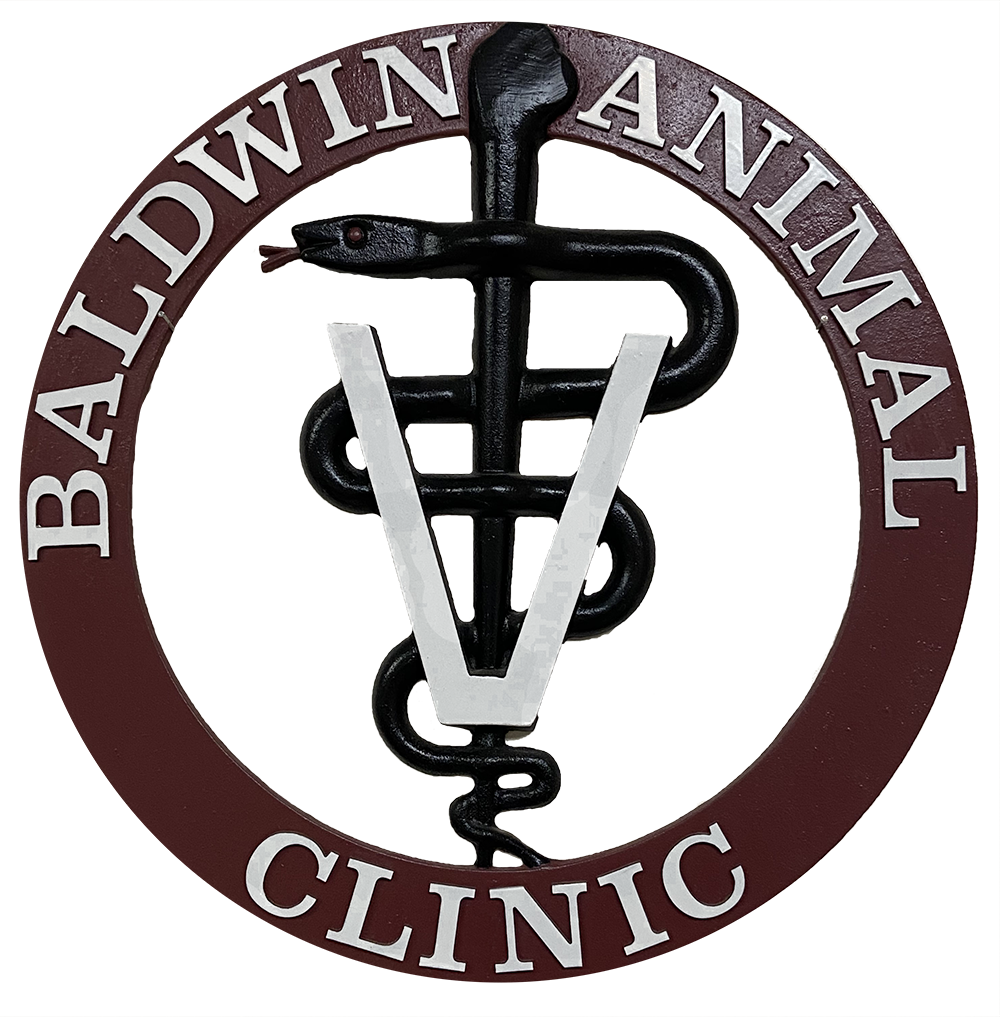Library
-
In pregnant mares, unlike most other animals, antibodies do not cross the placenta into the foal's blood stream before birth. Therefore, when a foal is born it has no natural defence mechanisms against infection because it has no antibodies, that are the blood's special immune proteins, with which to fight infection.
-
Acute Kidney Injury in Cats
El fallo renal agudo (FRA) o fallo agudo del riñón se refiere a un fallo repentino de los riñones, los cuales dejarán de realizar sus funciones normales de filtración. El FRA es menos frecuente que el fallo renal crónico (FRC). El FRA desencadena una acumulación de toxinas y otros metabolitos de deshecho en la circulación sanguínea, además de inducir desequilibrios electrolíticos y de base acídica.
-
Chronic Kidney Disease in Cats
Los riñones tienen diferentes funciones. Su principal función es limpiar la sangre de toxinas y sustancias de deshecho, regular el nivel sanguíneo de ciertas sustancias esenciales como el sodio o el potasio, ayudar a conservar el agua del cuerpo y producir la orina.
-
False pregnancy refers to a display of maternal behaviors, combined with the physical signs of pregnancy following estrus, in unspayed female dogs that are not actually pregnant. Signs include physical and behavioral changes, outlined in this article. Mild cases typically are not treated, but treatment may be needed for more serious cases. If your dog is not used for breeding, spaying is recommended.
-
Famciclovir is given by mouth and is used off-label to control feline herpesvirus. Give as directed. Side effects may include vomiting, diarrhea, decreased appetite, and increased drinking and urination. Do not use it in pets that are allergic to it or penciclovir. If a negative reaction occurs, call your veterinary office.
-
Famotidine is an antacid given by mouth or into the vein and is commonly used off label to treat gastrointestinal ulcers and acid reflux. Side effects are uncommon but may include a slow heart rate, stomach upset, or dry mouth and skin. Use cautiously in pets that are geriatric or have liver, kidney, or heart disease.
-
Fanconi syndrome affects the ability of the kidney tubules to re-absorb certain electrolytes and nutrients such as potassium and glucose, allowing them to spill into the urine. This causes excessive drinking and urination and ultimately kidney disease. Basenjis are most commonly affected. It is often diagnosed based on glucosuria without hypoglycemia. Though reversal of this disease is not possible, treatment involves supplementation with different minerals and electrolytes as well as standard treatments for management of kidney disease. Regularly monitoring of blood parameters is recommended to allow early intervention if the disease is worsening. Fanconi-like syndrome has occurred in dogs ingesting certain chicken jerky treats and can be resolved by discontinuing these treats.
-
It is a well recognized saying 'no foot no horse'. Caring for your horse's feet and hooves and ensuring that he is attended to regularly by your farrier will safeguard his long term soundness.
-
Many pet owners decline to take their cats for regular veterinary care because they perceive that their cats resent and fear the visits. Fear, anxiety, and stress (FAS) are rooted in responses to stressful events, and result in both physiologic and behavioral changes. Fear Free® is an online certification course that provides veterinary professionals and other animal care providers with strategies and resources to alleviate or minimize FAS during veterinary visits.
-
Many pet owners decline to take their dogs for regular veterinary care because they perceive that their dogs resent and fear the visits. Fear, anxiety, and stress (FAS) are rooted in responses to stressful events, and result in both physiologic and behavioral changes. Fear Free® is an online certification course that provides veterinary professionals and other animal care providers with strategies and resources to alleviate or minimize FAS during veterinary visits.

